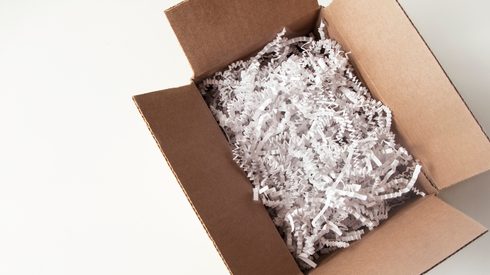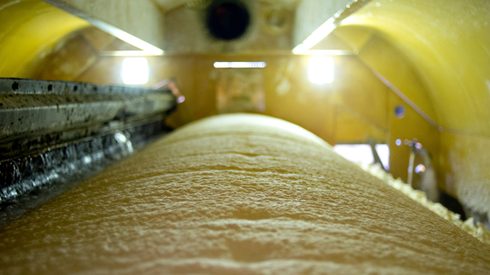
Chilean pulp producer Arauco aims to obtain all necessary installation and environmental licenses for the construction a new greenfield pulp mill in Brazil, known as the Sucuriú project, by the end of this year, Arauco Brazil chief executive officer Carlos Altimiras said in an exclusive interview with Fastmarkets.
In January, Arauco received the preliminary license needed for the project.
The new mill, which will mark Arauco’s first development in the pulp segment outside of Chile, will be located in Inocência, Mato Grosso do Sul state, in midwestern Brazil.
Chilean pulp producer Arauco aims to obtain all necessary installation and environmental licenses for the construction a new greenfield pulp mill in Brazil, known as the Sucuriú project, by the end of this year, Arauco Brazil chief executive officer Carlos Altimiras said in an exclusive interview with Fastmarkets.
In January, Arauco received the preliminary license needed for the project.
The new mill, which will mark Arauco’s first development in the pulp segment outside of Chile, will be located in Inocência, Mato Grosso do Sul state, in midwestern Brazil.
“At the moment, we are advancing the forestry front, working hard on engineering and logistics, as well as all licensing requested,” Altimiras said, adding that basic engineering should be completed by September.
“Our idea is to negotiate equipment purchases by the end of the year. And with [those secured, we aim to] present the project to the board and seek its approval in the last quarter of 2024,” Altamiras explained. “By the end of the year, we will have all elements ready to make a good decision.”
Arauco plans to start operations at the facility in 2028, with a second phase of expansion to take place around 2032.
Each bleached eucalyptus kraft (BEK) pulp line will have the capacity to produce 2.5 million tonnes per year. The unit will also generate 400 megawatts (MW) of renewable energy by burning wood residues, such as roots and branches; half of that will be used for self-consumption by the industrial unit, and half will be exported to the national grid.
In the second half of this year, the executive said that the company aims to work on project financing while also reaching certain goals for planted areas. If the project keeps progressing as expected, earthworks could potentially start in July.
“A good time to grow BEK production”
Arauco, which has been operating in Brazil since 2002 and has three wood panel factories — two in Paraná and one in Rio Grande do Sul — “understood that it is also a good time to grow in BEK production,” he said.
According to the executive, the company started planting eucalyptus 14 years ago, and it currently has 210,000 hectares of planted forests in Paraná and Mato Grosso do Sul.
“We cannot buy land [due to a Brazilian law that limits the purchase of land by foreigners], but there are other legal instruments to work on, including rural partnerships and other tools,” Altimiras said, adding that the company intends to have 285,000 hectares of planted areas in the country by 2025.
Regarding the choice to build the new mill in Brazil, the CEO clarified that the country’s forestry industry has “gigantic importance” in the global market and that the Sucuriú project will allow Arauco to have a very competitive mill operating in a flat terrain that boosts forestry efficiency.
For Altimiras, Brazil is strategically important for Arauco as a forest-based company, and the company views the country as offering multiple opportunities.
“In the wood business, our focus is to continue and increase market share. Last year, we closed an important negotiation with Klabin regarding our forestry business, which should be concluded now in the first semester of the year,” he said.
In December, Klabin announced its plan to purchase standing timber lands owned by Arauco for $1.16 billion. The transaction, which must be approved by Brazilian authorities, has not yet concluded.
When asked if that payment will be used to finance the Sucuriú project’s development, Altimiras clarified that “it is not something binding one thing to another, but it can be used as part of this financing.”
Want to learn more about the forest products markets? We provide a range of market intelligence, including short-term and long-term forecasts, price data and market coverage to keep you one step ahead of the market. Speak to our team and find out more today.





